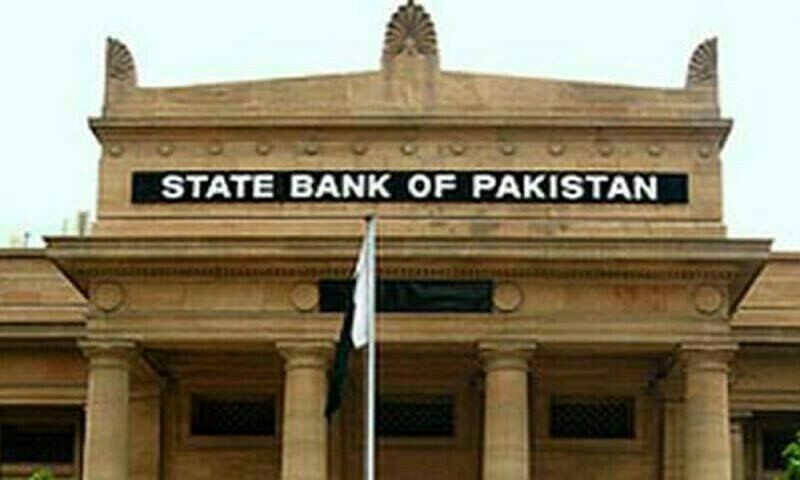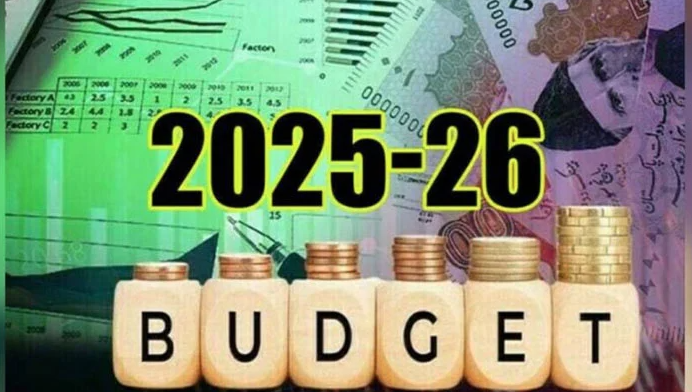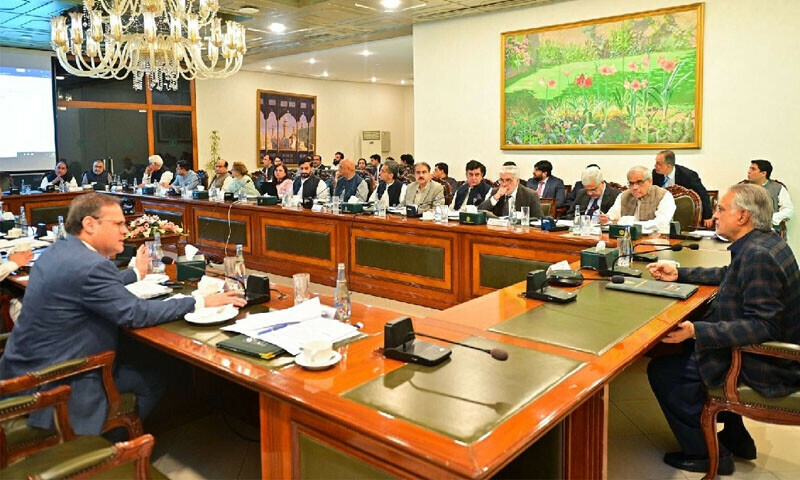TRADE & ECONOMY

The State Bank of Pakistan (SBP) is expected to maintain its key policy rate at 12% during its upcoming monetary policy announcement on Monday, according to a Reuters poll. The shift in analysts’ expectations follows Israel’s recent military strike on Iran, raising the specter of regional instability and a surge in global commodity prices.
Israel claimed it carried out a “preemptive strike” targeting Iran’s nuclear and missile infrastructure in an effort to halt the development of atomic weapons. The geopolitical tensions have sent oil prices soaring, complicating the outlook for inflation in oil-importing countries like Pakistan.
Initially, several brokerage houses were predicting a rate cut, but many revised their forecasts as concerns grew over the economic fallout from a wider Middle East conflict. Out of 14 respondents in a snap poll, 11 expected the SBP to keep the benchmark rate unchanged. Only two projected a 100-basis-point cut, while one expected a modest 50-basis-point reduction.
“There remains an upside risk of a rise in global commodity prices in light of geopolitical tensions which could mark a return to inflationary pressures,” said Ahmad Mobeen, senior economist at S&P Global Market Intelligence. “The resultant higher import bill could also threaten external sector performance and bring pressure to the exchange rate.”
Pakistan’s inflation, which peaked at nearly 40% in May 2023, had been gradually easing. However, it ticked up to 3.5% in the most recent reading—higher than the Ministry of Finance’s estimate of up to 2%—due to base effect shifts. The SBP projects average inflation between 5.5% and 7.5% for the fiscal year ending in June 2025.
The SBP had paused its rate-cutting cycle in March after a cumulative reduction of 1,000 basis points from a record high of 22%. It resumed easing in May with a 100-basis-point cut.
This policy decision comes in the wake of Pakistan’s tight annual budget. While defence spending was raised by 20%, overall expenditures were trimmed by 7%, and GDP growth was projected at 4.2%. The government has expressed confidence in economic stabilization following a $7 billion IMF bailout, which helped avert a default crisis.
Still, many analysts remain doubtful about the feasibility of the growth target, citing persistent fiscal and external sector challenges. Abdul Azeem, Head of Research at Al Habib Capital Markets, who forecast a 50-basis-point cut, argued that “a lower rate could support the GDP target of 4.2% and reduce the debt financing burden.”
The SBP’s decision will be closely watched, as it must balance the need to support economic recovery with mounting external inflationary risks tied to regional instability.




